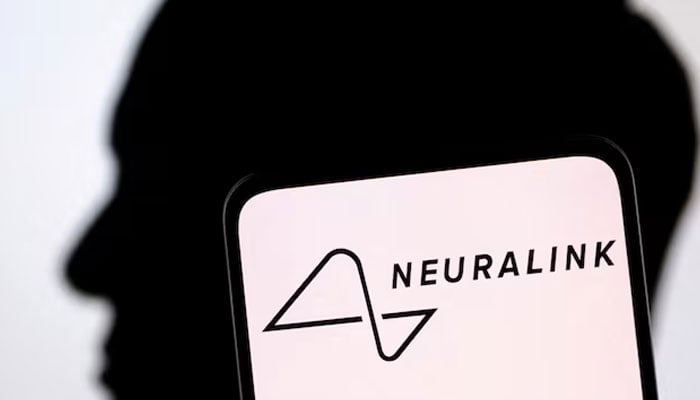Musk's Neuralink installs implant in second patient
Neuralink is testing its device to assist people with spinal cord injuries
Neuralink has successfully implanted its device in a second patient, aiming to enable paralyzed individuals to control digital devices solely through thought, according to Elon Musk, Reuters reported.
Neuralink is currently testing its device to aid individuals with spinal cord injuries. The first patient with the implant has managed to play video games, browse the internet, post on social media, and control a laptop cursor.
During a podcast on Friday, Musk revealed that the second participant had a spinal cord injury similar to the first patient, who was paralyzed in a diving accident. He mentioned that 400 electrodes are active in the second patient’s brain, while the implant itself has 1,024 electrodes, as stated on Neuralink’s website.
When asked about the battery longevity of the second implant, Musk humorously replied, "I don’t want to jinx it but it seems to have gone extremely well with the second implant," telling podcast host Lex Fridman that there’s a lot of signal and electrodes. "It’s working very well."
Musk did not indicate when the second patient will undergo the surgery. He said that they intended to use the device in an additional eight patients in this current year.
Noland Arbaugh, the first patient to receive the Neurlink implant, was also interviewed on the podcast, along with three Neuralink executives, who gave details about how the implant and the robot-led surgery work.
Before Arbaugh received his implant in January, he used a computer by employing a stick in his mouth to tap the screen of a tablet device.
Arbaugh said with the implant he now can merely think about what he wants to happen on the computer screen, and the device makes it happen. He said the device has given him a modicum of independence and reduced his reliance on caregivers.
-
Shanghai Fusion ‘Artificial Sun’ achieves groundbreaking results with plasma control record
-
Polar vortex ‘exceptional’ disruption: Rare shift signals extreme February winter
-
Netherlands repatriates 3500-year-old Egyptian sculpture looted during Arab Spring
-
Archaeologists recreate 3,500-year-old Egyptian perfumes for modern museums
-
Smartphones in orbit? NASA’s Crew-12 and Artemis II missions to use latest mobile tech
-
Rare deep-sea discovery: ‘School bus-size’ phantom jellyfish spotted in Argentina
-
NASA eyes March moon mission launch following test run setbacks
-
February offers 8 must-see sky events including rare eclipse and planet parade












